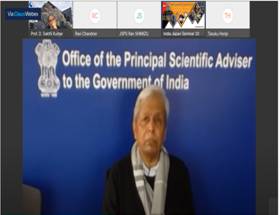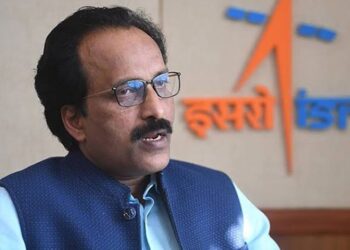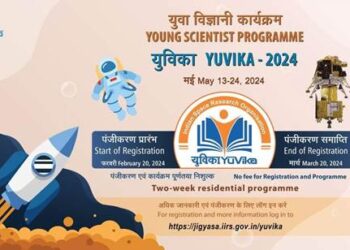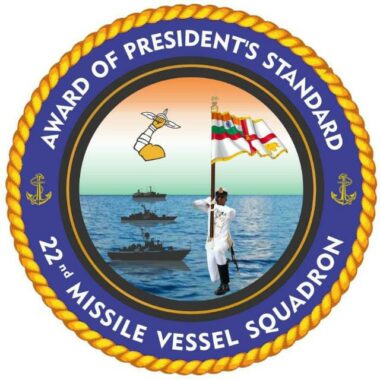Principal Scientific Adviser to Government of India, Prof K VijayRaghavan, highlighted the need to build upon the foundation of student exchange and individual collaboration between India and Japan to evolve to bigger missions between the two countries for addressing the demands of the entire planet and the region, at the India-Japan Science and Technology Seminar
“Focusing on handling of data, machine learning, and artificial intelligence, S&T has a very important role to play to address ever emerging global challenges as we go forward and the cooperation between India and Japan need to scale up based on the cooperation that we already have,” Prof K VijayRaghavan pointed out while delivering the keynote addresses at the seminar titled Nobel Laureate S&T Seminar Series -India-Japan Science and Technology Seminar.
The two-day seminar was jointly organized in hybrid mode by the Sree Chitra Tirunal Institute for Medical Sciences & Technology, an autonomous institution of the Department of Science and Technology (DST), Govt. of India, and Indian JSPS Alumni Association (IJAA) to commemorate the 70th anniversary of India Japan diplomatic relations and the 75th anniversary of Indian Independence —Azadi ka Amrit Mahotsav. It was initiated on December 6 and was sponsored by the Japan Society for the Promotion of Science (JSPS) and the Embassy of India, Japan, in co-association with DST- India, and JST-Japan.
Mr. Sanjay Kumar Verma, Ambassador of India to Japan, Embassy of India, Tokyo, GOI, underlined that the engagement with the Nobel Laureates can help further enhancement of deepening India-Japan bilateral partnership. India and Japan are fully engaged in various aspects of diplomacy, including S&T, and the event presents an occasion to celebrate almost 70 years of diplomatic relationship, which started in the year 1952. He urged the scientific community and the innovators to work together to find solutions for problems that we are facing independently but have common threats through co-innovation, co-promotion, and co-creation.
“The relationship between Japan and India has experienced rapid and significant expansion in recent years. S&T is one of the important fields to which both governments attach the highest values and areas like outer space with joint missions to moon, biotechnology, AI, nanotechnology, and quantum technology are exciting fields for cooperation for researchers between India and Japan to contribute for making lives better for society. JSPS has been playing a pivotal role in fostering Japan’s relationship with India through its wide spectrum of academic and scientific programmes,” said H.E. Mr. Suzuki Satoshi, Ambassador of Japan to India, Embassy of Japan, Government of Japan.
Dr. M. Ravichandran, Secretary, DST, GOI, pointed out that very recently, the two countries have established 3 joint India-Japan laboratories in the area of ICT, AI, and Big data. “Our present collaborations are directed towards creating a value-based relationship which can contribute to the 21st-century knowledge economy. We are encouraging youngsters to carry out research work with more international exposure. Around 570 Indian school students and researchers have visited Japan under Sakura science program. The year-long active S&T talk series will bring back vigor of India Japan collaboration,” Secretary DST elaborated.
“India and Japan have established and maintained a peaceful and successful relationship over the past 70 years. In S&T, both governments agreed to establish cooperation in the field of biotechnology, information, and communication technology. JST and DST have been heavily involved in cooperation in these areas with around 21 projects till now since 2006,” Dr. Kishi Teruo, Director General, Japan Science and Technology Agency (JST) Sakura Program, GOJ stressed.
Dr. Susmu Satomi, President, The Japan Society for the Promotion of Science (JSPS), GOJ, pointed out that JSPS has established, maintained, and strengthened networks of researchers. Indian JSPS alumni association established in 2006 has over 400 members among whom many are top-notch researchers who globally represent India’s science and tech community.”
“In the current scenario, collaboration between various institutes, agencies, and the government is indispensable for the benefit of people at large,” Prof. Ajit Kumar V. K. Director, SCTIMST, underlined.
Nobel Laureate 2018 in Physiology or Medicine, Prof. Tasuku Honjo, in his keynote address, spoke about the future prospects of Cancer Therapy and the role of scientists from all over the world in it.
Dr. P. V. Mohanan Organizing Secretary, S&T Seminar (SCTIMST), Prof. D. Sakthi Kumar Chairman, Indian JSPS Alumni Association (IJAA) & Deputy Director, Dr. Sanjeev K Varshney Head, International Cooperation, DST, GOI, Dr. Harikrishna Varma Head, BMT Wing, SCTIMST and Dr. Usha Dixit Counsellor (S&T), Embassy were also present in the seminar.
The online sessions consisting of keynote presentations, special addresses, invited talks, plenary lectures from renowned scientists across India and Japan, and student poster presentations were live-streamed across ten schools from Kasaragod to Thiruvananthapuram to develop the scientific temper and curiosity in young minds.
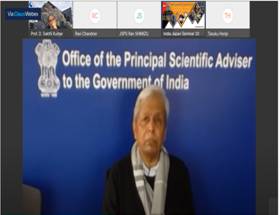
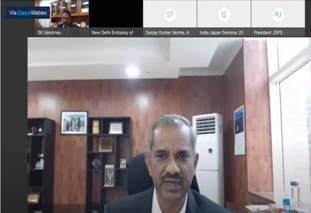
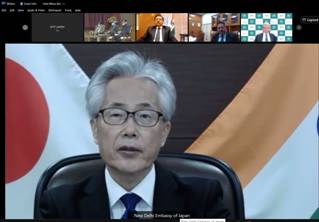
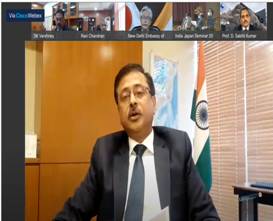
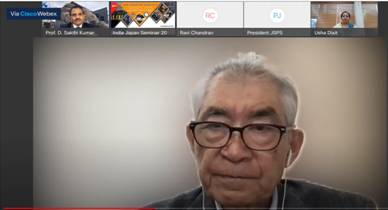
Source:PIB







 Finance
Finance